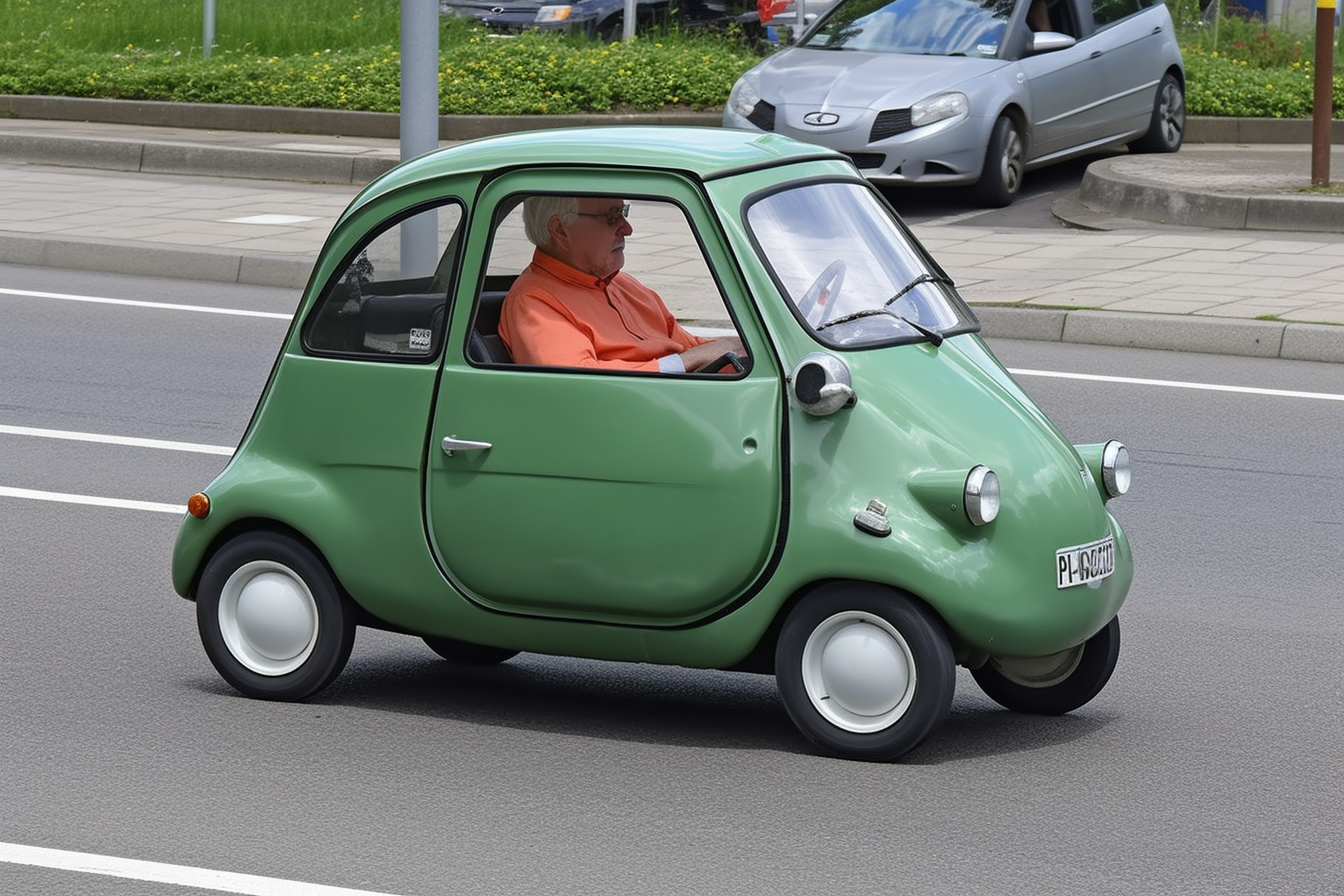Small SUV Buyer's Guide: Features, Benefits, and Top Models for City Living
The rise of small SUVs represents a perfect blend of practicality, efficiency, and versatility for modern drivers. These compact yet capable vehicles offer the elevated driving position and cargo space of traditional SUVs while maintaining the maneuverability and fuel efficiency needed for urban environments. Whether you're a city dweller, small family, or active senior, small SUVs provide an excellent transportation solution.

Why Small SUVs Excel in City Environments
Small SUVs have become increasingly popular for urban driving due to their compact dimensions and excellent visibility. Their higher seating position offers better road awareness, while shorter wheelbases make parking and navigating tight streets easier. Most models feature advanced parking assist systems and cameras, further simplifying city operation. Additionally, modern small SUVs typically offer better fuel economy than their larger counterparts, making them more economical for daily commuting.
Key Features Making Small SUVs Senior-Friendly
For older drivers, small SUVs provide several advantageous features. The elevated seating position allows easier entry and exit compared to traditional sedans. Many models offer power-adjustable seats with memory functions, ensuring optimal comfort. Advanced safety features like blind-spot monitoring, rear cross-traffic alert, and automatic emergency braking provide added confidence. The combination of good visibility and manageable dimensions makes these vehicles particularly suitable for seniors maintaining their independence.
Popular Small SUV Models and Their Benefits
The compact SUV market offers diverse options to suit different needs and preferences:
| Model | Starting Price | Key Features |
|---|---|---|
| Honda CR-V | $26,800 | Excellent fuel economy, spacious interior, advanced safety features |
| Toyota RAV4 | $26,975 | Hybrid option available, reliable performance, strong resale value |
| Mazda CX-5 | $26,250 | Upscale interior, sporty handling, premium feel |
| Hyundai Tucson | $25,900 | Modern design, comprehensive warranty, good value proposition |
| Subaru Forester | $25,895 | Standard AWD, excellent visibility, robust safety features |
Prices, rates, or cost estimates mentioned in this article are based on the latest available information but may change over time. Independent research is advised before making financial decisions.
Evaluating Cost and Value Propositions
When considering a small SUV, various factors influence the total cost of ownership. Beyond the purchase price, consider fuel efficiency, insurance rates, and maintenance costs. Many manufacturers offer competitive warranty packages, with some extending coverage up to 10 years or 100,000 miles. While initial prices typically range from $25,000 to $35,000, higher trim levels with additional features can push prices above $40,000.
How to Choose the Right Small SUV
Consider these key factors when selecting your small SUV:
-
Daily driving needs and typical passenger count
-
Desired fuel efficiency and powertrain preferences
-
Must-have safety and technology features
-
Available cargo space requirements
-
Local climate conditions (AWD vs. FWD)
-
Budget for purchase and maintenance
The ideal small SUV balances these factors while meeting your specific requirements. Test driving multiple models and comparing their real-world performance in your typical driving conditions is essential before making a final decision.



